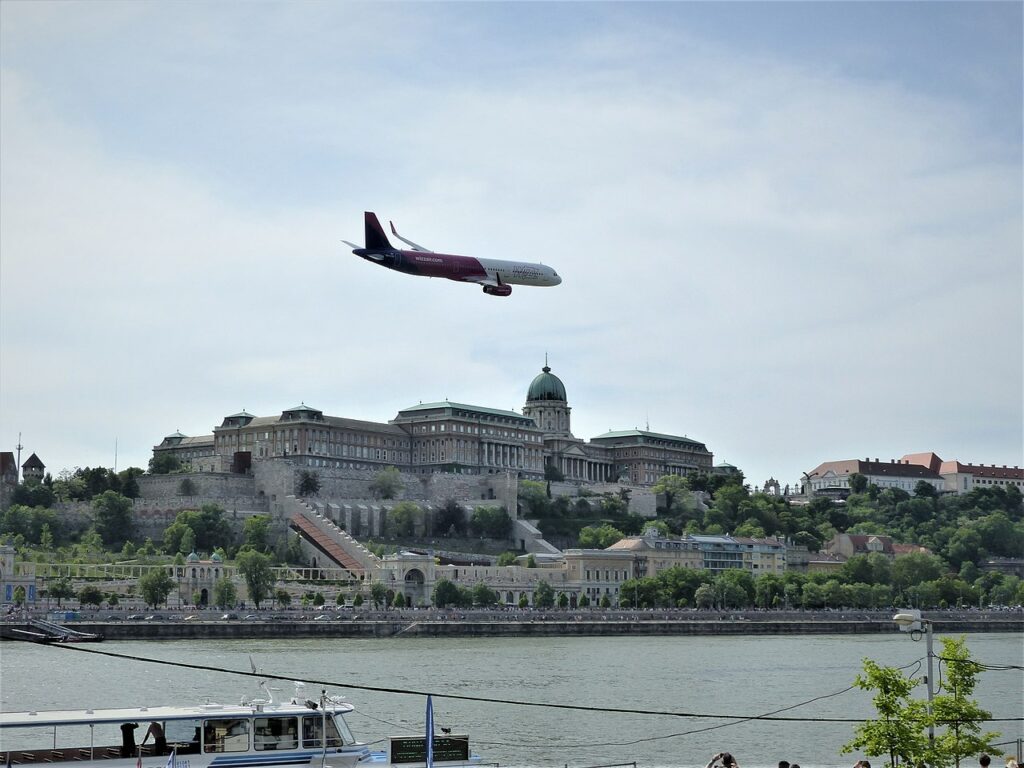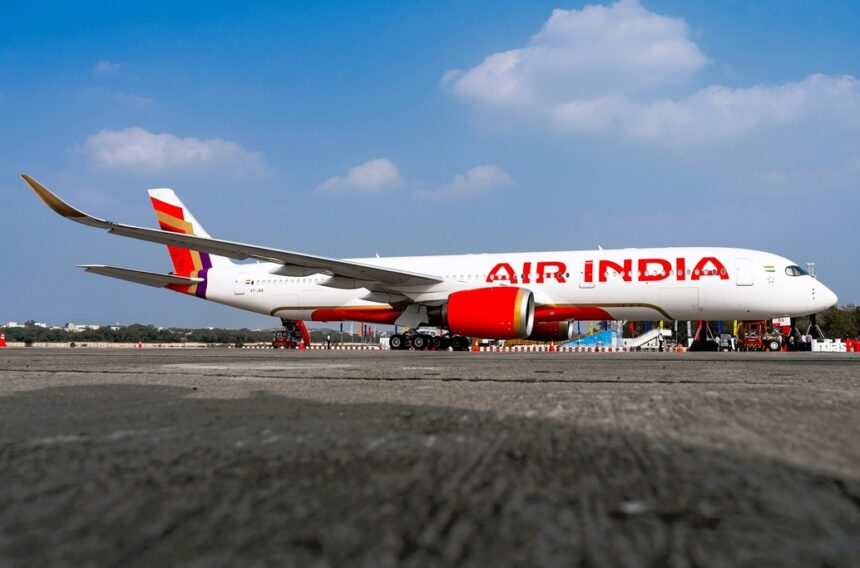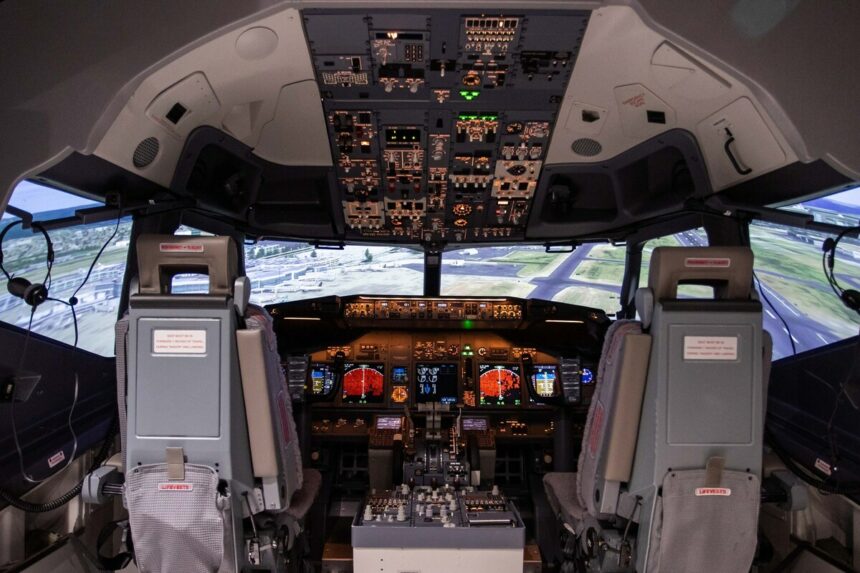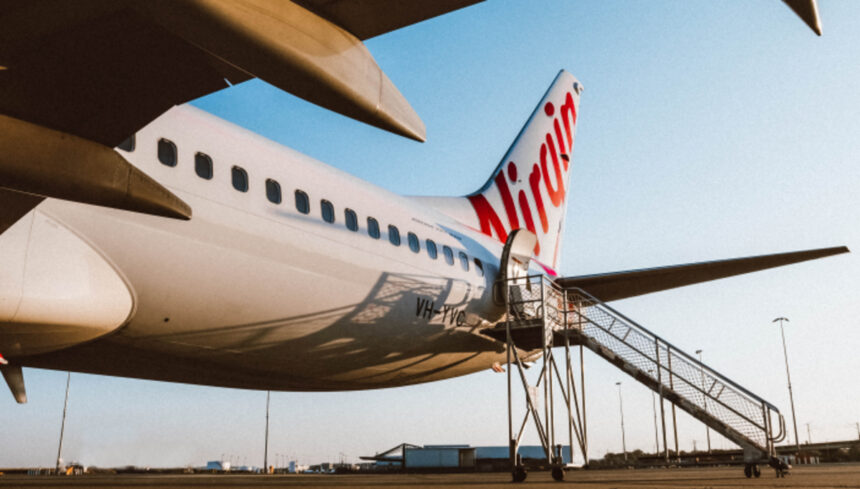Wizz Air CEO József Váradi has voiced his support for a proposed move to establish a bilateral ‘open skies’ agreement between the European Union and India.
EU-India Aviation Summit
In what is a major move for the airline industry, leaders of the European Union and India met at the EU-India Aviation Summit to establish a comprehensive aviation agreement between the two regions.
The open skies initiative would effectively liberalise traffic rights and boost regulatory alignment, as well as including the acceleration of decarbonisation policies between the two regions.
Wizz Air participated in the discussion to foster negotiations and demonstrate the mutual benefits that can be achieved from open skies agreements.
The European airline expressed the view that based on its experience, such agreements ultimately lead to more choice and better prices for consumers.
Strengthening regional ties
In her opening remarks, European Union Commissioner for Transport, Adina Valean, stressed the importance of the aviation sector in fostering economic growth and strengthening people-to-people ties between the two regions.
“We need to work together to ensure that our airlines can operate efficiently, sustainably, and safely, and that travellers have access to a wide range of options at affordable prices,” Valean said.
India’s Minister for Civil Aviation, Jyotiraditya Scindia, highlighted the need for greater cooperation in addressing common challenges such as air traffic congestion, security, and environmental sustainability.
“India and the European Union have a long-standing relationship, and we need to build on this foundation to foster greater connectivity, trade, and investment,” Scindia said.
Several CEOs of airlines also attended the summit, including the CEO of Wizz Air, József Váradi. Mr. Váradi expressed his support for the opening of skies and going beyond the current horizontal framework.
The need for low-cost carriers
He emphasized the opportunities and efficiencies open skies would create for consumers, noting that direct connectivity between the regions was flat since 2009. He believed it was necessary for low-cost carriers to enter the market and capture future demand.
“Wizz Air welcomes the prospect of increased competition and greater access to new markets,” Váradi said.
“Opening the skies between Europe and India will provide Wizz Air with opportunities to expand our low-cost operations, offer more affordable fares to our customers, and create new jobs in both regions.”
The two sides agreed to continue their dialogue and explore ways to promote greater cooperation in the aviation sector.
The summit was seen as an important step towards strengthening the partnership between the European Union and India and promoting greater connectivity, growth, and prosperity for all.
The Indian aviation sector
India’s aviation sector has experienced significant growth in recent years, both domestically and internationally.
The country is emerging as a significant domestic aviation market in the world, behind only the United States and China.
The International Air Transport Association (IATA) has predicted that India will become the world’s third-largest aviation market globally by 2024.
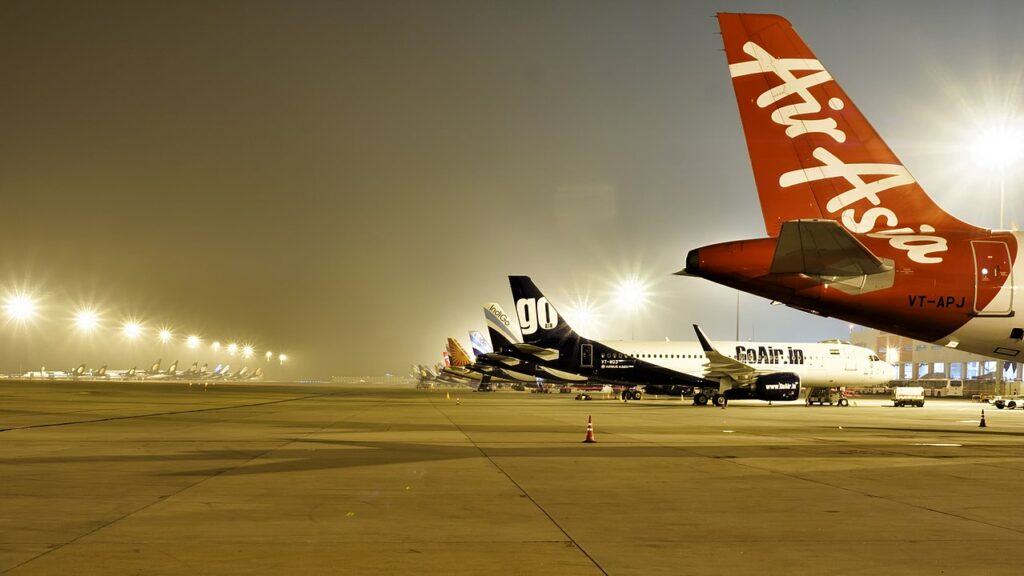
Several domestic airlines, including IndiGo, SpiceJet, and Vistara, have experienced rapid growth and success in recent years, with IndiGo being the largest airline in India in terms of passenger numbers.
These airlines have also progressively expanded their international operations, connecting Indian cities with destinations across multiple world regions including Europe.
The Indian government has also launched several initiatives to boost the country’s aviation sector, including the Regional Connectivity Scheme (RCS).
The plan aims to connect remote and regional areas of the country through air travel, and the UDAN (Ude Desh ka Aam Nagrik) scheme, which seeks to make air travel affordable and accessible to all citizens.





